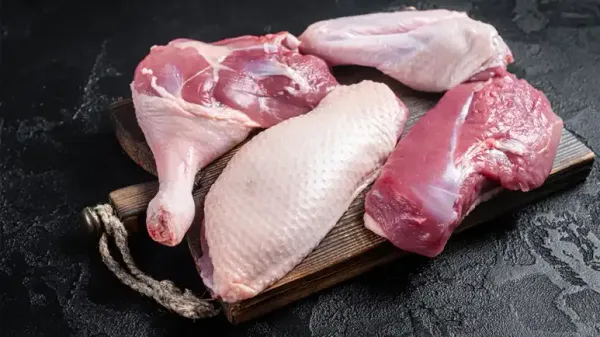
Duck Meat: Why Your Pet Might Go Quackers for This Protein Swap
While your dog or cat may enjoy chicken or beef regularly, it's good to introduce them to new flavors every once in a while. This alternative protein may be a healthy, enjoyable way to change things up.








